-
 Bitcoin
Bitcoin $112400
0.86% -
 Ethereum
Ethereum $4509
-0.37% -
 XRP
XRP $2.968
-0.52% -
 Tether USDt
Tether USDt $0.9999
-0.02% -
 BNB
BNB $876.4
2.10% -
 Solana
Solana $214.3
4.69% -
 USDC
USDC $0.9998
-0.01% -
 Dogecoin
Dogecoin $0.2241
1.86% -
 TRON
TRON $0.3447
-0.45% -
 Cardano
Cardano $0.8586
0.25% -
 Chainlink
Chainlink $25.26
5.76% -
 Hyperliquid
Hyperliquid $45.95
-3.38% -
 Ethena USDe
Ethena USDe $1.001
-0.01% -
 Sui
Sui $3.491
0.92% -
 Stellar
Stellar $0.3830
0.57% -
 Cronos
Cronos $0.3333
27.15% -
 Bitcoin Cash
Bitcoin Cash $557.0
0.74% -
 Avalanche
Avalanche $24.75
0.77% -
 Hedera
Hedera $0.2406
0.46% -
 UNUS SED LEO
UNUS SED LEO $9.561
-0.08% -
 Litecoin
Litecoin $113.8
0.74% -
 Toncoin
Toncoin $3.187
1.26% -
 Shiba Inu
Shiba Inu $0.00001264
0.86% -
 Polkadot
Polkadot $3.995
3.37% -
 Uniswap
Uniswap $10.04
1.61% -
 Dai
Dai $0.9999
-0.01% -
 Bitget Token
Bitget Token $4.603
-0.87% -
 Monero
Monero $269.4
-1.07% -
 Aave
Aave $317.5
-1.55% -
 Ethena
Ethena $0.6731
10.25%
Coinbase vs. Kraken: A Head-to-Head Comparison
Coinbase excels in ease of use and security, while Kraken offers lower fees, more coins, and advanced trading features for experienced users.
Aug 28, 2025 at 08:15 pm
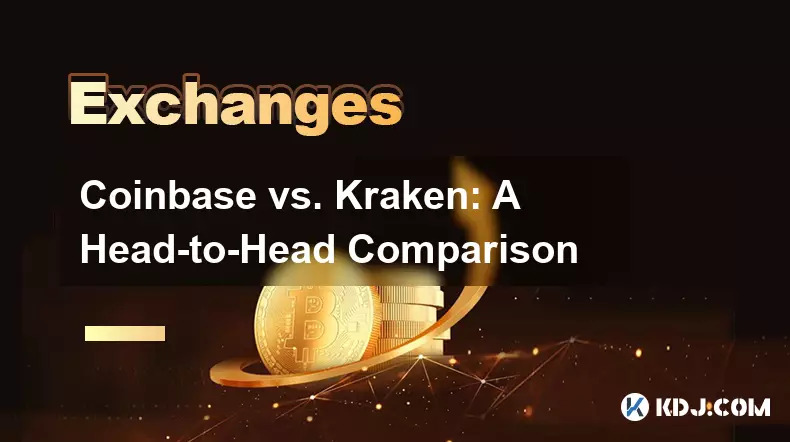
Coinbase vs. Kraken: A Head-to-Head Comparison
Cryptocurrency exchanges serve as the gateway for traders and investors to enter the digital asset space. Among the most prominent platforms in the United States, Coinbase and Kraken stand out as two of the most trusted and widely used exchanges. Both platforms offer a range of services, from simple buying and selling of crypto to advanced trading tools and staking options. While they share many similarities, key differences in user experience, fees, security, and product offerings set them apart. This comparison delves into these aspects to highlight how each exchange positions itself in the competitive landscape.
User Interface and Accessibility
1. Coinbase is known for its sleek, beginner-friendly interface that emphasizes ease of use. The mobile app and desktop platform are designed with new users in mind, offering guided tutorials and a simplified dashboard.
- Kraken’s interface caters more to intermediate and advanced traders. While it offers a clean layout, the abundance of charts, order types, and market data can be overwhelming for beginners.
- Coinbase provides a streamlined onboarding process, allowing users to purchase crypto within minutes of signing up using a linked bank account or card.
- Kraken requires a more thorough verification process, especially for higher-tier accounts, which may delay immediate trading but enhances regulatory compliance and security.
- Both platforms support multiple languages and offer responsive customer support, though Coinbase integrates more educational content directly into the app to assist novice investors.
Fees and Trading Costs
1. Coinbase uses a spread-based pricing model combined with transaction fees that vary depending on payment method and transaction size. These fees can be relatively high, especially for small purchases made via credit card.
- Kraken employs a tiered maker-taker fee structure based on trading volume, which tends to be more cost-effective for active traders. Fees can drop significantly for high-volume users.
- Coinbase Pro (now rebranded under Coinbase Advanced Trade) offers lower fees similar to Kraken’s model, but accessing these requires switching to the advanced platform.
- Kraken does not charge fees for most cryptocurrency deposits and has lower withdrawal fees on average, particularly for Bitcoin and Ethereum.
- For traders prioritizing low-cost transactions and high-volume activity, Kraken generally offers a more economical structure compared to standard Coinbase pricing.
Security and Regulatory Compliance
1. Both Coinbase and Kraken store the majority of user funds in cold storage and employ industry-standard encryption and two-factor authentication (2FA).
- Coinbase is publicly traded on the NASDAQ, which subjects it to stringent financial reporting and regulatory oversight. This transparency increases trust among institutional investors.
- Kraken is a privately held company but has a long-standing reputation for proactive compliance with U.S. regulators and has never suffered a major security breach.
- Coinbase insures custodial assets against theft and hacks, a feature not fully mirrored by Kraken, which relies more on its own security protocols than third-party insurance.
- Coinbase’s regulatory visibility and insurance coverage provide an added layer of confidence, especially for risk-averse users storing large amounts of digital assets.
Frequently Asked Questions
Which exchange offers more cryptocurrencies?Kraken typically lists a broader selection of cryptocurrencies compared to Coinbase, especially altcoins and smaller-cap tokens. While Coinbase has expanded its offerings, Kraken often supports newer or more niche assets earlier.
Can I earn interest on my holdings with both platforms?Yes, both exchanges provide staking and reward programs. Coinbase offers staking for coins like ETH, SOL, and ADA, with rewards distributed regularly. Kraken supports staking for a wider range of tokens and often provides higher yield rates, though terms and lock-up periods vary.
Do Coinbase and Kraken support margin trading?Kraken offers margin trading with leverage of up to 5x on select pairs, catering to experienced traders. Coinbase does not currently support margin trading, focusing instead on spot trading and long-term investment tools.
Disclaimer:info@kdj.com
The information provided is not trading advice. kdj.com does not assume any responsibility for any investments made based on the information provided in this article. Cryptocurrencies are highly volatile and it is highly recommended that you invest with caution after thorough research!
If you believe that the content used on this website infringes your copyright, please contact us immediately (info@kdj.com) and we will delete it promptly.
- XRP Price, Large Transactions, Record Volume: What's the Buzz?
- 2025-08-29 07:05:12
- Trump Price Rebounds: Canary Capital's Spot TRUMP ETF Sparks Frenzy
- 2025-08-29 07:05:12
- 21Shares, SEI ETF, and Token Rewards: A New Era for Crypto ETFs?
- 2025-08-29 07:25:13
- DYDX Price Surges Amid Platform Launches and Community Upgrade Buzz
- 2025-08-29 07:25:13
- Helium (HNT) Crypto: Altcoin Overhaul Setting Up for a Breakout?
- 2025-08-29 05:05:28
- Shiba Inu: Whale Activity and Exchange Inflows - A Deep Dive
- 2025-08-29 05:25:19
Related knowledge
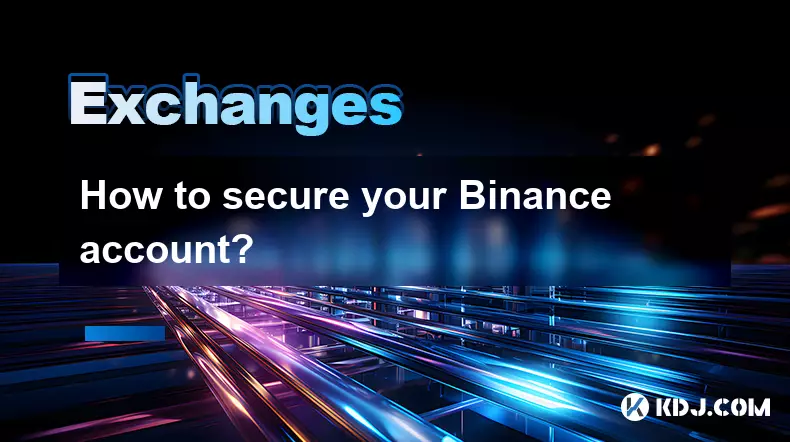
How to secure your Binance account?
Aug 29,2025 at 07:01am
Enable Two-Factor Authentication1. Navigate to your Binance account settings and locate the security section. Activate Google Authenticator for a time...
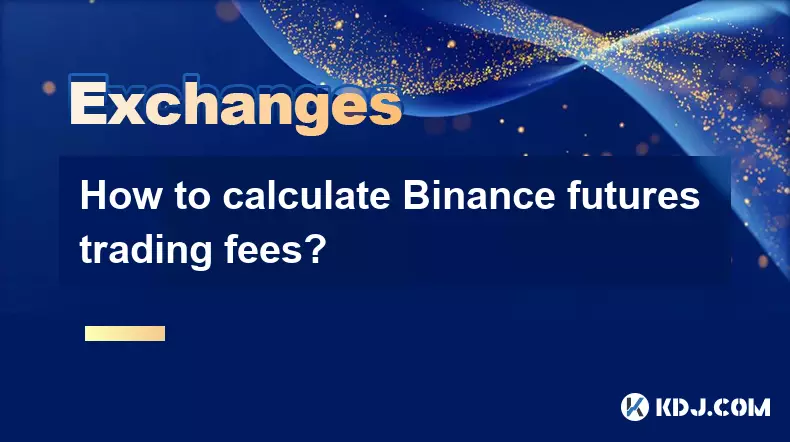
How to calculate Binance futures trading fees?
Aug 29,2025 at 06:57am
Understanding Binance Futures Fee Structure1. Binance futures trading operates on a dual fee model consisting of taker and maker fees. These fees vary...
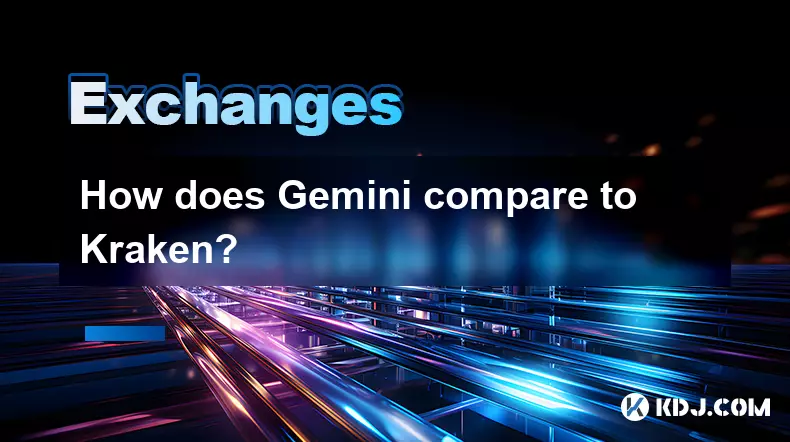
How does Gemini compare to Kraken?
Aug 29,2025 at 07:42am
Gemini vs Kraken: Exchange Structure and Regulatory Approach1. Gemini operates under a New York Trust Charter, which grants it the status of a regulat...
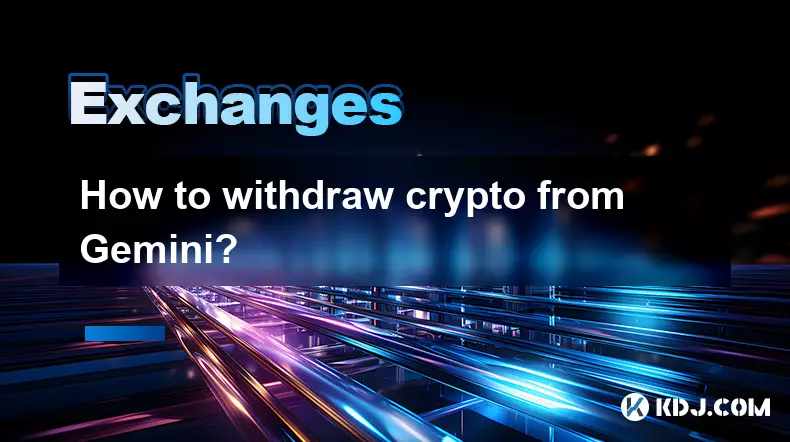
How to withdraw crypto from Gemini?
Aug 29,2025 at 07:15am
Understanding the Withdrawal Process on Gemini1. Log in to your Gemini account using your secure credentials. Navigate to the 'Balances' section, wher...
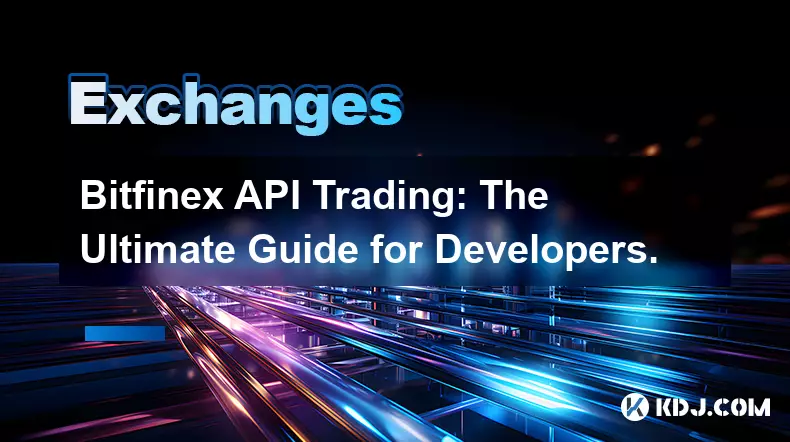
Bitfinex API Trading: The Ultimate Guide for Developers.
Aug 29,2025 at 06:29am
Understanding Bitfinex API Basics1. Bitfinex provides a comprehensive REST and WebSocket API that allows developers to interact with its trading engin...

How to Use Bitfinex Leverage to Amplify Your Trading Profits.
Aug 29,2025 at 05:28am
Understanding Bitfinex Leverage Mechanics1. Bitfinex offers margin trading that allows users to borrow funds and increase their market exposure beyond...

How to secure your Binance account?
Aug 29,2025 at 07:01am
Enable Two-Factor Authentication1. Navigate to your Binance account settings and locate the security section. Activate Google Authenticator for a time...

How to calculate Binance futures trading fees?
Aug 29,2025 at 06:57am
Understanding Binance Futures Fee Structure1. Binance futures trading operates on a dual fee model consisting of taker and maker fees. These fees vary...

How does Gemini compare to Kraken?
Aug 29,2025 at 07:42am
Gemini vs Kraken: Exchange Structure and Regulatory Approach1. Gemini operates under a New York Trust Charter, which grants it the status of a regulat...

How to withdraw crypto from Gemini?
Aug 29,2025 at 07:15am
Understanding the Withdrawal Process on Gemini1. Log in to your Gemini account using your secure credentials. Navigate to the 'Balances' section, wher...

Bitfinex API Trading: The Ultimate Guide for Developers.
Aug 29,2025 at 06:29am
Understanding Bitfinex API Basics1. Bitfinex provides a comprehensive REST and WebSocket API that allows developers to interact with its trading engin...

How to Use Bitfinex Leverage to Amplify Your Trading Profits.
Aug 29,2025 at 05:28am
Understanding Bitfinex Leverage Mechanics1. Bitfinex offers margin trading that allows users to borrow funds and increase their market exposure beyond...
See all articles


























![28 August 2025 - [Evening]Mr Mint (MNT) Zoom Call | Latest Update & Future Plans | Stepmint | 28 August 2025 - [Evening]Mr Mint (MNT) Zoom Call | Latest Update & Future Plans | Stepmint |](/uploads/2025/08/29/cryptocurrencies-news/videos/august-evening-mint-mnt-zoom-call-update-future-plans-stepmint/68b08b4c56a56_image_500_375.webp)





























































